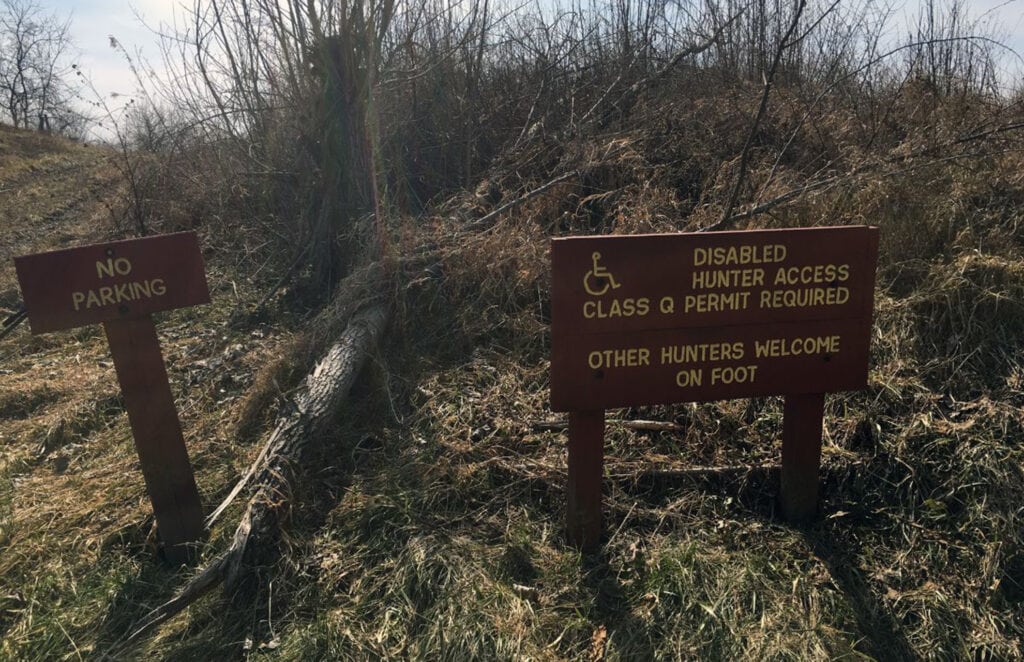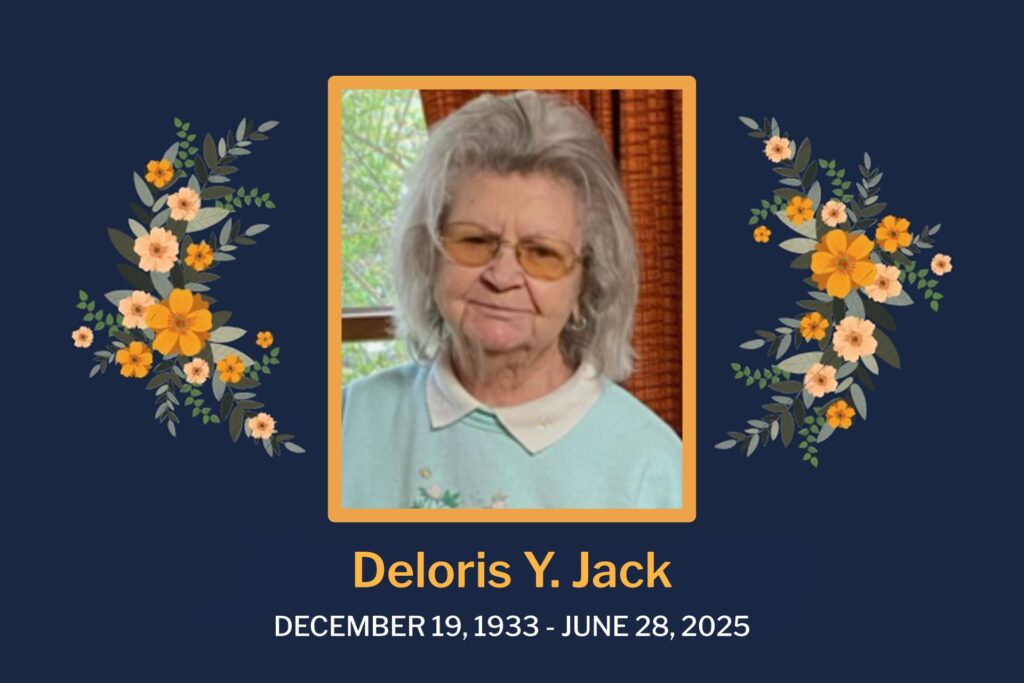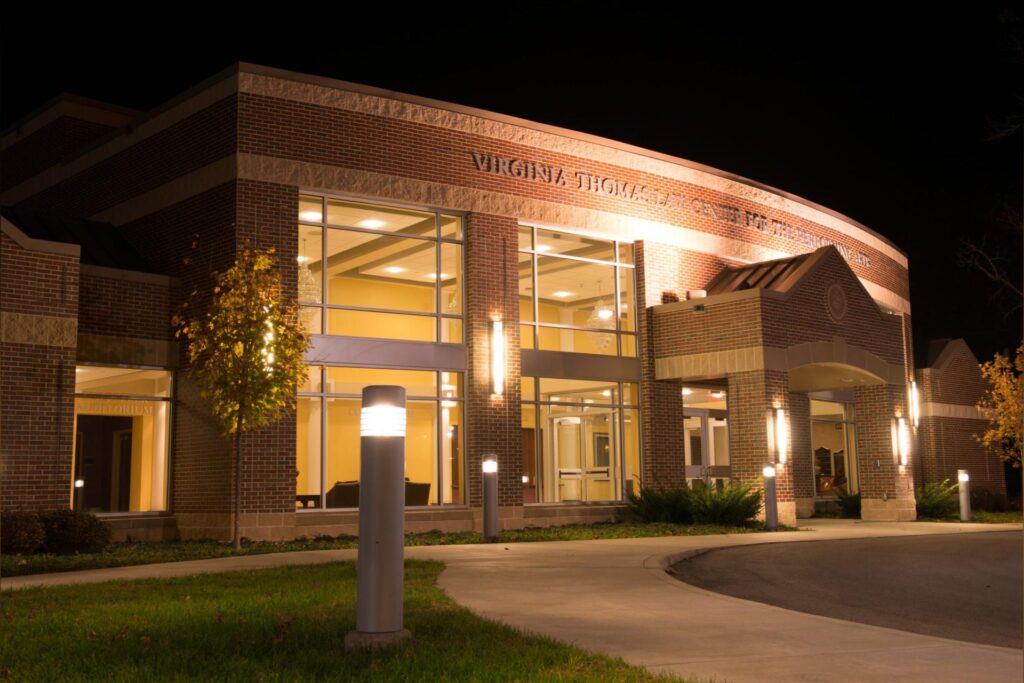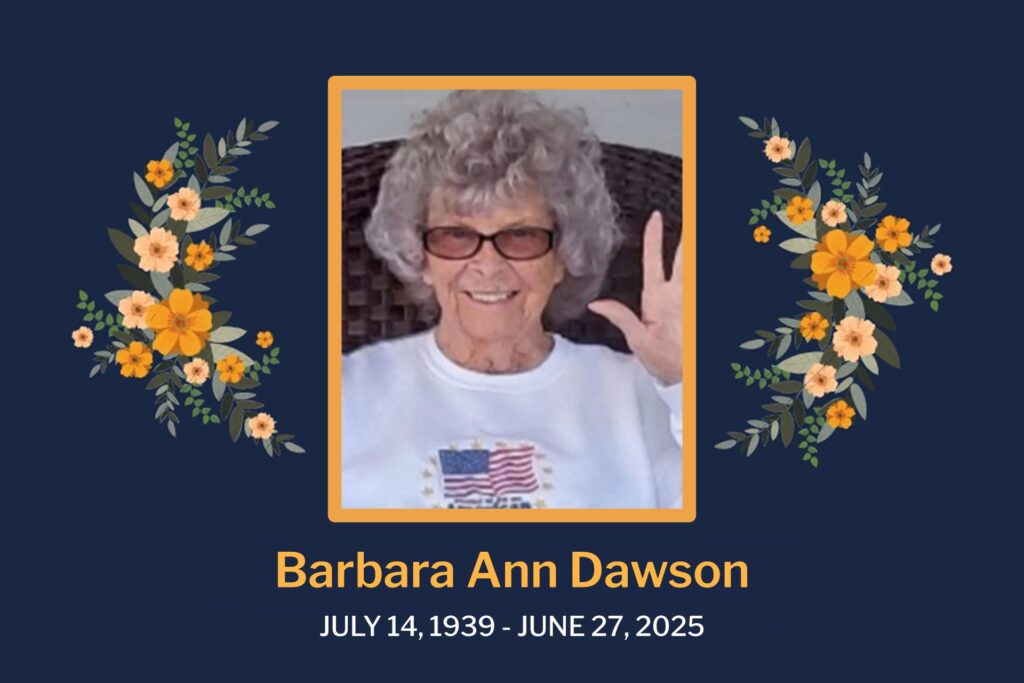SOUTH CHARLESTON, W.VA. — With the start of fall hunting seasons underway, the West Virginia Division of Natural Resources is reminding hunters with disabilities that select access roads in national forests and several state-owned wildlife management areas are open to those with Class Q and QQ permits.
“Thanks to our partnerships with the George Washington and Jefferson National Forest and the Monongahela National Forest, we’ve been able to make hunting in our beautiful state more accessible to hunters with limited mobility,” said Gary Foster, assistant chief of Game Management for the WVDNR.
This access program includes 13 roads in national forests and 13 in WMAs, which are gated to ensure access by vehicle is restricted to hunters with a Class Q or QQ permit.
Class Q (resident) and QQ (non-resident) hunting permits are issued by the WVDNR to applicants who are permanently disabled in their lower extremities, as certified by a licensed physician. Approved applicants are issued a wallet-sized permit card, which must be presented in person at the appropriate national forest or DNR district office to receive a letter of authorization and a gate key to use designated Class Q/QQ roads.
Class Q and QQ hunters must obey all national forest and state WMA rules and state hunting regulations while behind gates. No ATV or UTV use is permitted on national forest lands or on state WMAs and hunting with bait is prohibited on all public lands. All appropriate documentation, licenses and stamps must be in the hunter’s possession while he or she is hunting. Nonresident hunters are reminded that they must have a National Forest Stamp (Class I) to hunt on U.S. Forest Service lands in West Virginia.
Rules for Using Class Q and QQ Access Roads
When hunting within a designated area, Class Q and QQ hunters may hunt from a stationary vehicle with the engine turned off, and the vehicle may not be parked on any public road or highway right-of-way. The permittee may be accompanied — or in the case of national forest lands, must be accompanied — by one assistant at least 16 years of age inside the vehicle.
Those assisting Class Q hunters on private lands or on state-owned WMAs may hunt, provided they are more than 75 feet from the vehicle. Hunters on national forest lands must follow additional rules. The Class Q program on national forest lands is authorized through a Special Land Use Permit granted to the WVDNR by the U.S. Forest Service.
“The U.S. Forest Service land use permit clearly states the Class Q permittee must have an assistant while hunting or scouting, the assistant must be within sight of the permittee at all times and the assistant may not hunt at any time,” Foster said.
Additionally, the U.S. Forest Service may levy penalties or fines for failure to return keys or for violating conditions of the Class Q and QQ permit. Keys are to be used only by the permittee and cannot be copied or shared. If keys are lost or not returned, or if permit conditions are violated, the permittee may be assessed a fine by the U.S. Forest Service and may be denied a Class Q or QQ hunting permit in the future. It is the hunter’s responsibility to know where he or she is hunting, who owns the land and what rules and regulations apply before he or she goes hunting.
For more information about national forest or state-owned WMA Class Q and QQ hunting opportunities, visit www.wvdnr.gov or contact the appropriate U.S. Forest Service Ranger District or DNR District Office listed below. Information is also available on the WVDNR’s online hunting map at www.mapwv.gov/huntfish, where Class Q and QQ roads are marked in purple.
National Forest Class Q/QQ Roads
Monongahela National Forest
Cheat Ranger District, Parsons, W.Va., (304) 478-3251
Godwin Road (Forest Road 933), Tucker County
Brushy Fork (Forest Road 973), Tucker County
Five Lick (Forest Road 153/153A), Randolph County
Potomac Ranger District, Petersburg, W.Va., (304) 257-4488
Back Ridge (Forest Road 814), Pendleton County
Greenbrier Ranger District, Bartow, W.Va., (304) 456-3335
Little Beech Mountain (Forest Road 385, 183B), Randolph County
Span Oak (Forest Road 224), Pocahontas County
Gauley Ranger District, Richwood, W.Va., (304) 846-2695
Frosty Gap (Forest Road 731), Pocahontas County
Buckeye Branch (Forest Road 273), Webster County
Marlinton Ranger District, Marlinton, W.Va., (304) 799-4334
Crooked Fork (Forest Road 251), Pocahontas County
Marlin Mountain (Forest Road 300), Pocahontas County
White Sulphur Springs Ranger District, White Sulphur Springs, W.Va., (304) 536-2144
Panther Ridge (Forest Road 298), Greenbrier County
Bear Track (Forest Road 882), Greenbrier County
George Washington/Jefferson National Forests
North River Ranger District, Harrisonburg, Va., (540) 432-0187
Dry River Hollow (Forest Road 151H), Pendleton County
WMA Class Q/QQ Roads
DNR District 1, Farmington, W.Va., (304) 825-6787
Hillcrest WMA, Hancock County – 2,212 acres
Lewis Wetzel WMA, Wetzel County – 13,590 acres
Little Indian Creek WMA, Monongalia County – 1,036 acres
DNR District 2, Romney, W.Va., (304) 822-3551
Sleepy Creek WMA, Morgan/Berkeley counties – 22,928 acres
DNR District 3, French Creek, W.Va., (304) 924-6211
Burnsville Lake WMA, Braxton County – 12,579 acres
Elk River WMA, Braxton County – 18,225 acres
Stonewall Jackson Lake WMA, Lewis County – 18,289 acres
DNR District 4, Beckley, W.Va., (304) 256-6947
Bluestone Lake WMA, Summers County – 18,019 acres
Beury Mountain WMA, Fayette County – 10,534 acres
DNR District 5, Alum Creek, W.Va., (304) 756-1023
McClintic WMA, Mason County – 3,655 acres
Green Bottom WMA*, Cabell County – 1,065 acres
Beech Fork Lake WMA*, Cabell County – 7,531
DNR District 6, Parkersburg, W.Va., (304) 420-4550
Hughes River WMA, Ritchie County – 10,000 acres
* WMA has Class Q/QQ-accessible hunting area only. No gated road.













